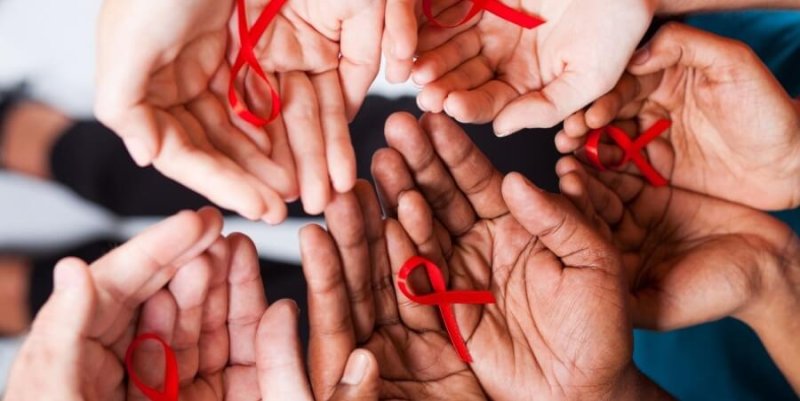When Science published a monkey study nearly 2 years ago that showed an anti-inflammatory antibody effectively cured monkeys intentionally infected with the simian form of the AIDS virus, the dramatic results turned many heads. But some skeptical researchers thought the data looked too good to be true and predicted the intervention wouldn’t work on HIV in humans. They were right.
Anthony Fauci, head of the U.S. National Institute of Allergy and Infectious Diseases in Bethesda, Maryland, and a co-author of the Science paper, today [July 25] reported the failure of a clinical trial that attempted to translate the remarkable monkey success to humans.
…
In the monkey experiment, the animals infected with the simian immunodeficiency virus (SIV) were treated with antiretroviral (ARV) drugs that suppressed the pathogen, and then given repeated injections of an antibody that blocks a receptor called α4β7 found on immune cells.
…
That cellular receptor is found on the surface of CD4 white cells, HIV’s favorite target.
…
If people reacted like monkeys to the antibody treatment, once vedolizumab blocked α4β7, they could stop ARV drugs and the HIV that inevitably remained would start to copy itself, but would have difficulty infecting cells and creating new virions.
…
In all but two of the 18 people, HIV sprang back once they stopped ARVs.
Read full, original post: ‘It’s sobering’: A once-exciting HIV cure strategy fails its test in people.































